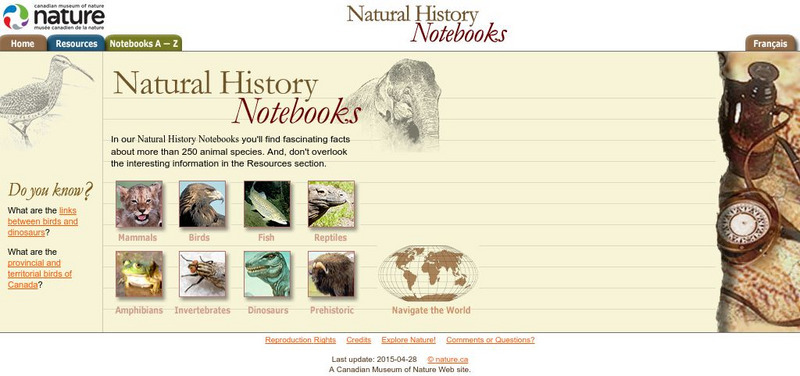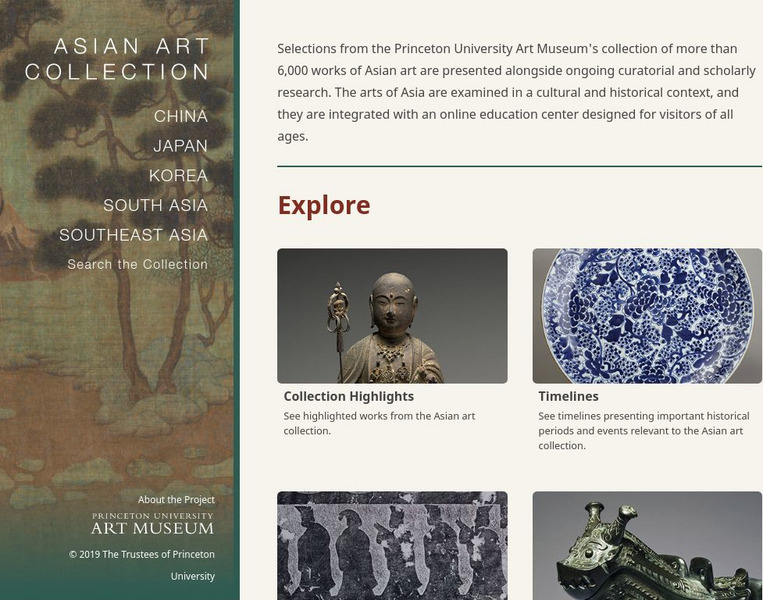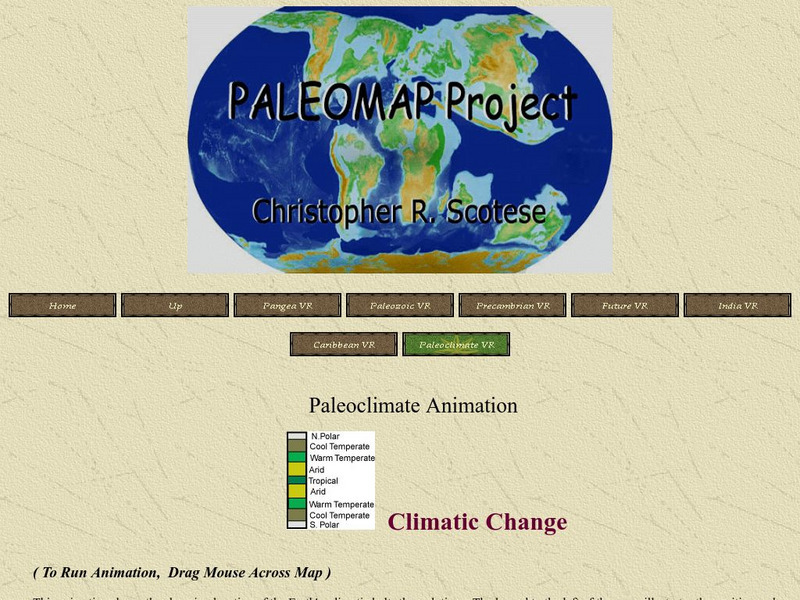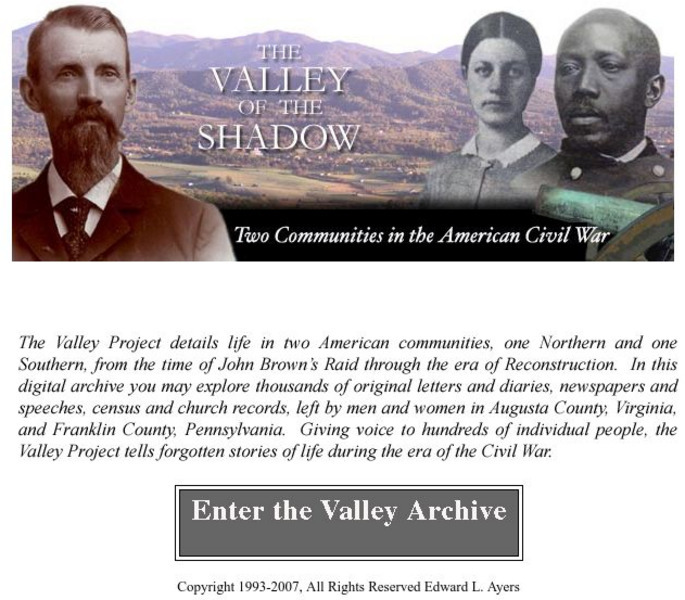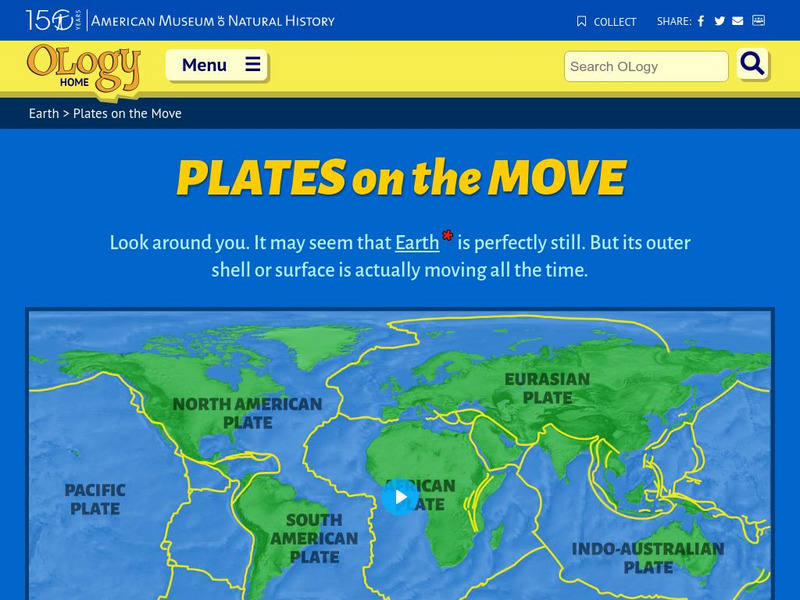BBC
Bbc: Primary History: Ancient Greece
Resource for primary students and teachers studying Ancient Greece. Students navigate through animated multi-media and interactive features to play games, watch videos, view photos and read all about Ancient Greece. Teachers can find...
American Museum of Natural History
American Museum of Natural History: A Nature and Nurture Walk in Mendel Park
Take a walk in the animated "Mendel Park" to discover which traits are genetic and which are a combination of genetics and upbringing.
Flow of History
Flow of History: The Domestication of Animals and Its Effects
A synopsis on the domestication of animals traces the beginnings as well as the effects on prehistoric man. A flow chart to see how this development fits into history is provided.
Other
Pember Museum of Natural History: Animal Classification Tree
A visual showing how the animal kingdom is classified by traits.
Canadian Museum of Nature
Canadian Museum of Nature: Natural History Notebooks
This site from the Canadian Museum of Nature, a natural history museum, provides short information blurbs and fun facts on over 240 different common animals categorized by type (mammals, fish, reptiles, invertebrates, amphibians,...
Smithsonian Institution
National Museum of Natural History: Where Do Mammals Live?: Wildebeest
Brief illustrated overview of the wildebeest and an accompanying video demonstrate the physical adaptations that allow this animal to eat and digest tough African grasses.
Other
Yahoo! Kids Japan: History of Japan Timeline
Listen to an animated song about teeth, with advice for keeping them healthy and clean. Read-along lyrics make this resource particularly useful in English language learning settings and with beginning readers, but it also fits 21st...
Stephen Byrne
History for Kids: Ancient Roman Architecture
History for Kids website presents an overview of the great architecutral achievements of ancient Rome. Written in kid-friendly format with animated images.
US Holocaust Memorial Museum
U.s. Holocaust Memorial Museum: Holocaust History Animated Maps
To fully understand the breadth and scope of the Holocaust, view the following maps of key locations. These maps are in video form with explanations provided. There are also links provided for further research.
Library of Congress
Loc: Cartoon Cornucopia: J. Arthur Wood, Jr., Collection
The Library of Congress offers a digitized collection of caricature, cartoon, and animated art. The collection is searchable and short histories of cartoonists, types of cartoons, and animation are included.
Princeton University
Princeton University Art Museum: Creating a Bronze Vessel
Wonderful photographs and animations explain how the Chinese of the Shang and Zhou dynasties (ca. 1600 B.C. to 256 B.C.) cast bronze. Excellent site for studying how the Chinese made bronze, one of the important technologies of ancient...
Incredible Art Department
The Incredible Art Department: Art Periods and Styles
A large collection of resource links here for a wide range of art periods and styles from ancient times to the modern day.
American Museum of Natural History
American Museum of Natural History: Invertebrate O Logy Card
Flip this interactive OLogy card to find questions and answers, fast facts, and other bite-size pieces of information to help you understand important characteristics of invertebrates.
American Museum of Natural History
American Museum of Natural History: Vertebrate O Logy Card
Flip this interactive OLogy card to find a definition, fast facts, questions and answers, and other bite-size pieces of information about the characteristics of vertebrates.
American Museum of Natural History
American Museum of Natural History: O Logy: What's the Big Idea? Biodiversity
Find information about diversity among genes, species, and ecosystems that helps answer questions about the importance of biodiversity and how we can save species from extinction.
Other
Paleoclimate Animation
This animation allows you to see how the continent's climates changed as they drifted throughout history.
Cold Spring Harbor Laboratory
Dna From the Beginning: Higher Cells Have Ancient Dna
Eukaryotic cells have separate DNA from mitochondria and chloroplasts which indicates that they were once primitive cells on their own. This multimedia article includes animations, pictures, video, biographical information, and quiz...
University of Virginia
Virginia Center for Digital History: The Valley of the Shadow
This is a must-have site for the study of the Civil War. Students will have access to primary documents from many sources, including: census and veteran records, letters and diaries, newspapers, and church records. This Project explores...
American Museum of Natural History
American Museum of Natural History: O Logy: Plates on the Move
Find an interrelated set of tools--maps, animations, diagrams, photographs, and text--to help you understand tectonic plates and how they move.
Smithsonian Institution
National Museum of Natural History: Department of Invertebrate Zoology
Search the Invertebrate Zoology Collection, and read about original research performed on all 30 major invertebrate animal phyla except insects.
Countries and Their Cultures
Countries and Their Cultures: Marind Anim
Countries and Their Cultures offers and overview of Marind-anim located in Oceania and part of New Guinea. Information includes orientation; history and cultural relations; settlements; economy; kinship; marriage and family;...
Ducksters
Ducksters: Kids History: Calendar of Ancient China
Explore the calendar of Ancient China by learning the history, what the animal years mean, the legend, and fun facts on this site.
Stephen Byrne
History for Kids: Ancient Greek Gods
Wonderful resource for kids provides an overview of Greek Gods and Goddesses in ancient Greek society. Provides animated examples and facts about each one. Includes teacher resources.
University of Florida
Florida Museum of Natural History: Animals 1: Fur, Fins, Feathers, and More
This teacher's guide focuses on familiar animals such as mammals, birds, reptiles, amphibians, and fish.




